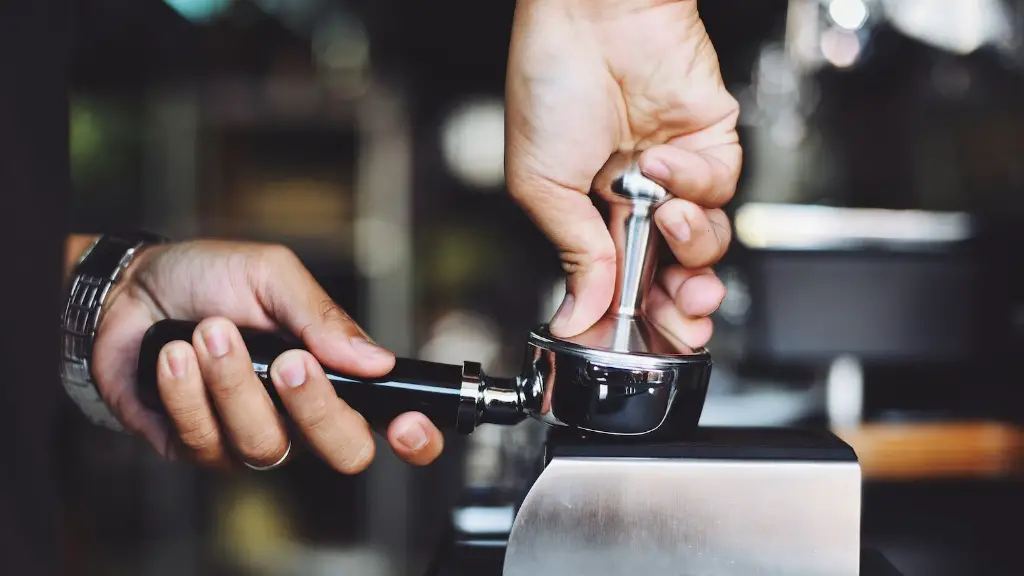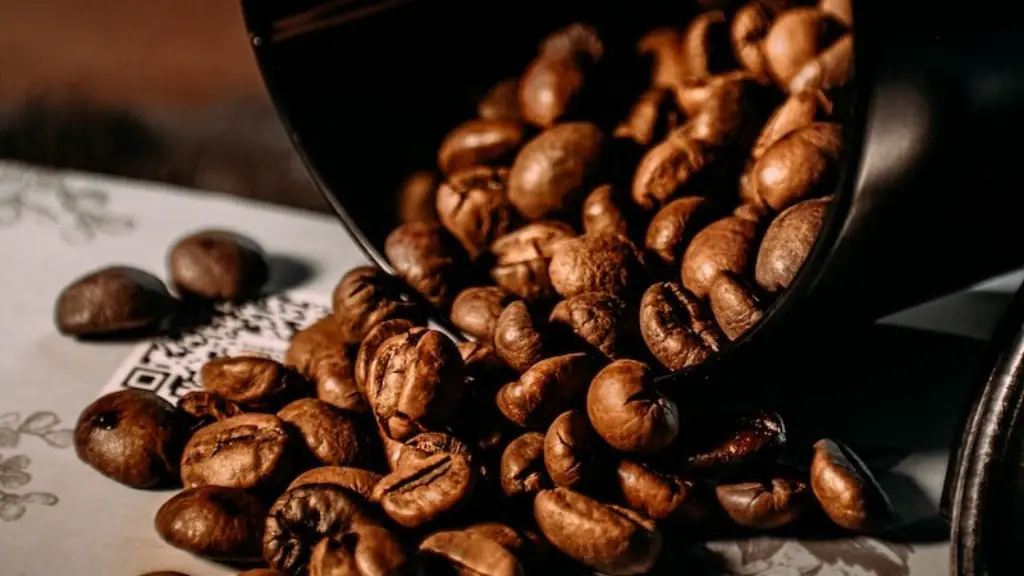Introduction to coffee drinking
Coffee is an incredibly popular beverage worldwide, and understanding how to properly drink coffee is an essential skill for anyone who enjoys the drink. Coffee consumption dates back centuries ago, but the modern methods and styles of drinking coffee first appeared in the 1600s and 1700s. The type of coffee consumed varies from country to country, as does the method and tools used to brew it. From the traditional French press and cold brew to the Aeropress and Moka pot, there are a number of techniques and tools which can be used to make coffee, allowing for a unique and flavorful experience.
Preparation for coffee drinking
The first step in drinking coffee properly is to prepare it with the right ingredients and the right technique. Coffee beans should be freshly ground and properly heated in order to release the full flavor. Different brewing techniques and tools can be used to make different types of coffee, such as espresso, cappuccino, and latte. The type of equipment used will determine the strength of the beverage, and the coffee beans should be chosen based on the desired strength.
Drinking coffee
When it comes to actually drinking the coffee, there are a few steps to take in order to make the experience as enjoyable as possible. First, it’s important to take a few moments to appreciate the aromas of the freshly brewed coffee and take in the flavor of the drink. Then, it’s best to drink the coffee slowly, taking small sips and enjoying the taste and texture of the brew. Avoid adding too many sugar, cream, or other flavoring agents to the drink, as this will often mask the flavor of the coffee and reduce the quality of the taste.
Benefits of coffee drinking
Coffee drinking is not only an enjoyable experience, it’s also beneficial for your health. Studies have shown that coffee can have positive effects on the body, with potential benefits including reducing the risk of type 2 diabetes, lowering blood pressure, and reducing the risk of certain cancers. Coffee also contains antioxidants, which can help to fight off free radicals that can damage the body’s cells. The caffeine in coffee can help to improve mental alertness and concentration, making it an ideal drink for those who are feeling fatigued or need a mental boost.
Side effects of coffee drinking
Although there are a number of potential health benefits associated with coffee, overindulging in the beverage can also lead to certain side effects. Consuming too much caffeine can cause jitteriness, headaches, difficulty sleeping, and increased heart rate. Coffee can also cause dehydration, so it is important to drink plenty of water when consuming the beverage. Additionally, those who are sensitive to caffeine should stick to decaffeinated varieties of coffee, as the effects can be magnified in those individuals.
Social benefits of coffee drinking
In addition to the health benefits of coffee, drinking the beverage can also be a great way to socialize and spend time with friends and family. Coffee shops are ideal locations for having conversations and getting to know people in a relaxed environment. Drinking coffee with others can be an enjoyable and fulfilling experience, as it allows for meaningful dialogue and connection.
Choosing the right coffee
When choosing the right coffee to drink, it’s important to find one that fits your preferences and tastes. Depending on your location, you may have access to a variety of different coffees, from local roasters to well-known international brands. Those who are starting out with coffee should experiment with different types and flavors in order to find the ones that they enjoy the most. It’s also important to consider the source of the coffee beans and whether they are ethically and sustainably sourced.
The effect of climate change on coffee drinking
Climate change has had a profound effect on coffee production, as extreme temperatures and weather conditions can cause crop failure and damage the quality of the produce. In addition, the destruction of natural habitats, such as forests, has impacted the ability of many species, including the coffee berry borer beetle, to survive. Sustainable practices such as planting shade trees and reducing water usage are needed in order to ensure the continued production of quality coffee.
The impact of the global coffee industry on communities and the environment
The global coffee industry has had a huge impact on local economies and the environment. In many areas, coffee is the primary source of income for people living in regions affected by poverty, and disruption of the industry can often result in hardship for the local population. On the environmental side, large-scale coffee production impacts the ability of the land to support a wide range of species. The destruction of rainforest, for example, has had a devastating effect on local wildlife.
Exploring coffee culture around the world
Coffee has a long and storied history, and different cultures around the world have developed unique takes on the beloved beverage. From the café culture of France and Italy to the street carts in India, there are many different ways to enjoy and experience coffee in different countries. Exploring these different cultures can be a wonderful way to get to know coffee, as well as the people who make and drink it.
Local coffee production and consumption
Local coffee production is an important part of many coffee-drinking communities around the world. Supporting small coffee farmers and producers can be extremely beneficial for both local economies and the environment, and buying locally-produced coffee is also a great way to reduce one’s carbon footprint. Additionally, local coffee can provide drinkers with an authentic experience and a unique and intimate insight into the culture of the region.
Exploring different brewing methods
The way coffee is brewed can have a huge impact on the flavor and strength of the beverage, and there are a number of different brewing methods available to the home brewer. From traditional methods, like French presses and pour-over brewers, to the more modern drip and single-serve brewers, there’s something to suit every preference. Experimenting with different methods and tools can help to create a unique and enjoyable coffee-drinking experience.
Eco-friendly coffee production
Eco-friendly coffee production is becoming increasingly important, as it can help to protect the environment and reduce the ecological impact of the global coffee industry. Sustainable farming practices such as water conservation and organic farming can help to ensure the sustainability of the industry in the long term, while also providing an environmentally friendly way of producing high-quality coffee. Supporting environmentally conscious farmers and producers is a great way to reduce the environmental impact of one’s coffee drinking.



